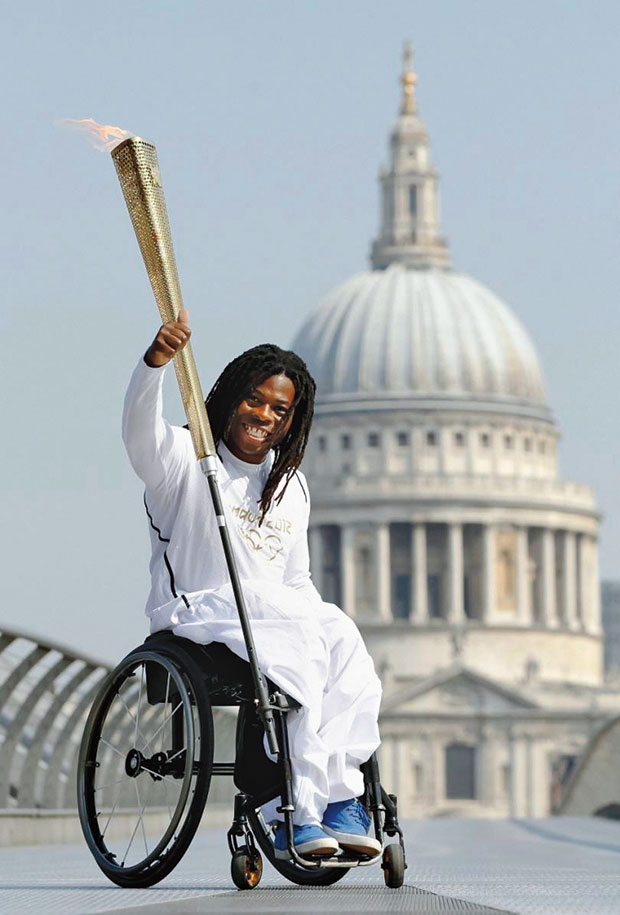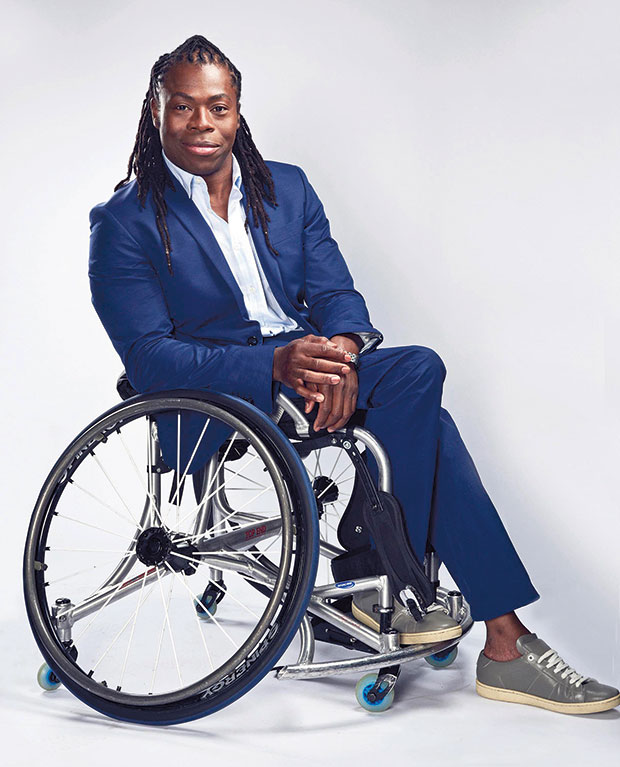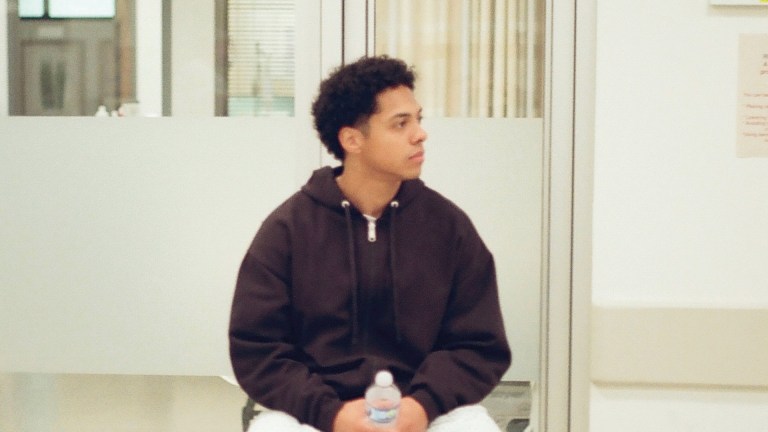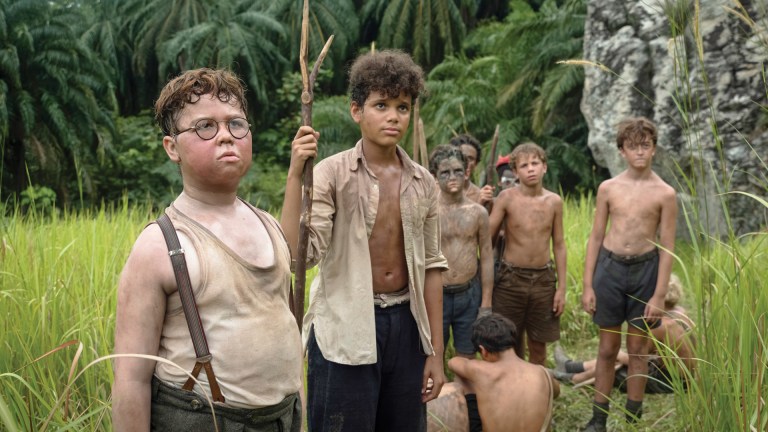At 16 I was planning the great escape. I was living at home with my parents but I told my dad I needed to become a wheelchair basketball player and he wasn’t happy with that. He thought I should become a doctor or a lawyer or something boring like that. So I thought, the only way I’m going to get to do what I want to do is leave home. So I did.
I did have concerns beyond basketball. I was desperate to get a pair of Pepe jeans with braces from a shop in Oxford Street called Mash. And I would have loved to have been popular with the ladies but if I’m honest I think I was a bit shy. When I was 12 I went to a party and snogged a girl who was 14. I thought, oh my God, she’s amazing, I’m in love. Five minutes later she snogged someone else and I was heartbroken. I just sat there in tears, listening to Michael Jackson – She’s Out of My Life.

I was a cocky, mouthy, little shit. Me today, multiplied by 10. But I was very, very focused. I still get that feeling now and again; that burning passion and ambition to be successful and prove to everyone how good I was. It kept me up at night, I wanted it so badly. I am a bit envious of that kid now, the innocent, carefree attitude I had, without any worries about the future. Yeah, I was naïve but it was brilliant. And I think it was infectious. It’s why I attracted so many people who wanted to be around me and help me.
I didn’t start using a wheelchair until I was 13. [Ade lost the use of his left leg after contracting polio as a baby.] Before that I walked on callipers. But I found out it was much faster to have my mates wheel me around in a shopping trolley. One night I was spotted speeding about by these physiotherapists who had this idea of me playing wheelchair basketball. They asked me to come to Stoke Mandeville. I was very reluctant at first but then I saw some Team GB guys and I was blown away by how good they were, how athletic. And that was it, I was hooked on wheelchair basketball.
I had my mind set on basketball and I just couldn’t understand why my parents wouldn’t support me.
My basketball ambitions did make it very, very tense at home. My dad banned me from watching any disability sport on TV. I was quite upset about that. At the time I had my mind set on basketball and I just couldn’t understand why my parents wouldn’t support me. I thought they were crazy. I suppose I was a bit of a dreamer but thinking about it now, I probably got that from them! They had the foresight, the belief, the determination to bring me to the UK [from Nigeria] and maybe if they’d have told people their plans 10 years before we came out, people would’ve thought they were bonkers.
If I could go back, I’d be more understanding about where my dad was coming from. He was frustrated with the way things had gone for him in the UK. It wasn’t because he wasn’t good enough or he didn’t work hard enough – my parents had taken their education very seriously and were very well educated. But my dad was turned down for job after job and a big part of it was the colour of his skin. It was so sad for me to see, my parents going through pain and trying to hide it from me. I understand now why they were so desperate for me to do well. They thought, if we’re not able to do it, Ade must definitely do it. So it must have been heartbreaking for them to hear me say, I want to be a wheelchair basketball player.










